To be able to completely connect to another is perhaps the most fulfilling thing we can do as humans.
We begin life connected and if we’re lucky, we end it that way too.
To fully connect to a partner, however, is no easy feat. We see staggering divorce rates and an epidemic of depression and anxiety as a result of this loss of connection.
There are several reasons why it can be so hard to connect.
For starters, too many of us have had important connections severed. Whether it was a parent who wasn’t there the way we needed, or a loved one who broke our hearts, many of us say, “I will never open myself up like that again,” and wind up living under armor, protected from the world, but ultimately alone.
Another reason why we have such a problem fully connecting is because we have been taught on some level that it is not okay to need another, and that we should be independent. As a result, we deny our wired in needs to rely on someone.
When we deny these needs, we miss our own signals that tell us we are starving for a connection that is crucial to our health and wellness. These signals come to us as emotions. When we miss these signals, we fail to meet these needs, and we run into all kinds of problems as a result.
Some of us stay alone and isolated and develop health problems; others get into relationships, but are always hungry for something they can’t seem to grasp.
Perhaps you and your partner get into endless circular arguments about simple things like taking the garbage out. If they are those blood boiling kinds of arguments (you know what I’m talking about), chances are that you are arguing about more than the trash, but the security of your connection with each other. That’s more difficult to talk about, and often even hard to recognize.
The solution?
First, give yourself permission to feel how you really feel, which might be disconnected from your partner, hurt, sad, scared or something else. Recognize that as a human you are wired to connect with others, and when there is that distance, it makes sense that you are in some kind of pain. Your emotions are trying to tell you something.
Then, be courageous.
Take a flashlight into the scary depths of your soul where there may be raw and vulnerable feelings if you aren’t fully connected to your partner.
Do as Pema Chödrön says:
“Lean into the sharp points and fully experience them. The essence of bravery is being without self-deception. Wisdom is inherent in (understanding) emotions.”
Be honest with yourself. Just be still, and recognize how you’re really feeling.
Danielle LaPorte refers to your feelings as the “GPS of your soul.” Your feelings exist to move and guide you. When we deny them, mask them, or turn away from them, they don’t go anywhere but unnoticed. They then get stuck and fester. We get disconnected from others, ourselves, and often get sick as a result.
Hunger tells us we need to eat; sadness, for example, tells us we need comfort. Instead of being in our sadness, many of us retreat into “safer,” more secondary feelings like anger. This just pushes our partner away when our sadness would likely draw them closer.
The first courageous thing then to do is to allow and experience those feelings.
I’m going to ask you to go further than this, though, and propose something that requires even more courage, in fact, something that may be terrifying.
After you’ve gotten clear on your own experience, articulate your true emotions and your needs for connection from that raw and vulnerable place to your partner. Be crystal clear about this as your partner is not a mind reader.
When we have any doubts as to whether our partner is able to meet our needs, we may play it safe by expressing them subtly or couched in some kind of code that’s next to impossible to interpret. When we’re not clear, our message gets missed.
We’re then left hurting, feeling like we can’t rely on our partners, and the cycle of disconnect spins around and around.
To really put yourself out there to your partner can feel like a life or death moment because if you really make it explicit what you need, you may get shot down, burned or pushed away. There is no pain like that, after all, this need to connect is part of who we are. When that connection is cut, it can feel like we’re cut off from life itself.
In order to truly connect, however, we need to do so with our rawness, our vulnerability, and the stuff that everyone else doesn’t really get to see. We need to really face with bravery what could be a devastating blow.
It takes great courage, but it’s worth every bit of the risk to have the full and total connection with your partner.
Take action to put this to use now:
Think about a time that you and your partner got into a heated argument. Re-live that in your mind and slow it down. You may remember being angry and frustrated, but underneath that, were you feeling anything else?
Were you feeling scared that you couldn’t depend on your partner the way you needed to, or perhaps small, invisible and hurt? Maybe you were feeling something else, but get in touch with those softer, rawer feelings, and take note.
Share this exercise with your partner, and ask them what happens for them underneath when you fight. Try to each non-defensively get an understanding of what’s really happening on a deeper level for both of you.
It’s easier said than done, but with a bit of practice, you will be well on your way to a fuller and richer connection. If you need a little help, talk to an Emotionally Focused Therapist.
Here’s where you can find a listing of EFT therapists all over the world: http://iceeft.com/index.php/find-a-therapist
Cheers to your best relationship,


 Loading...
Loading...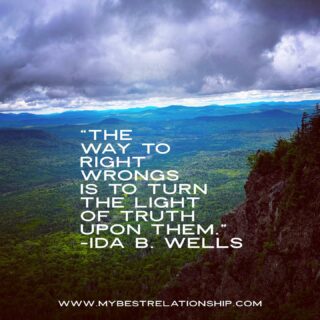
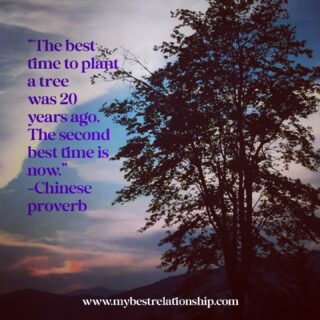
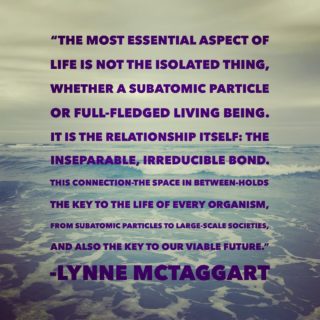
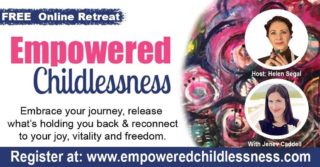

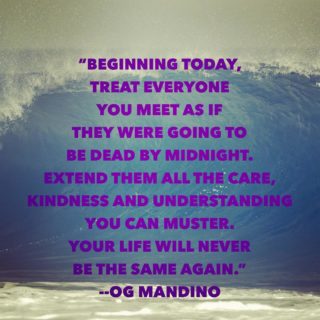
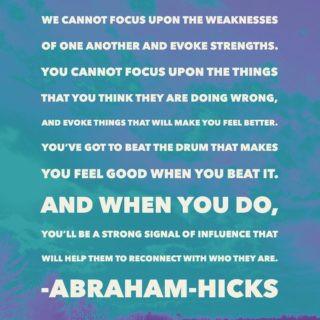

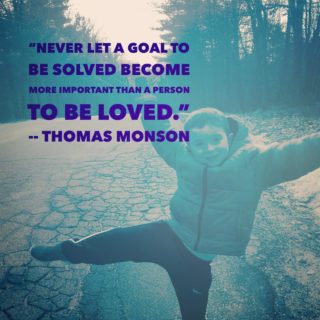


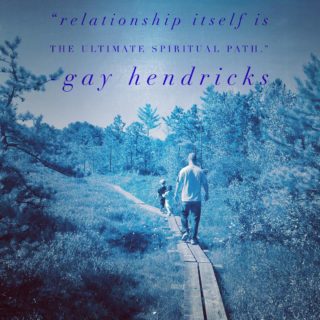

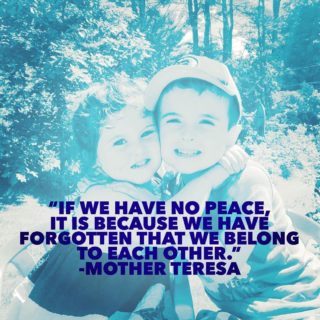
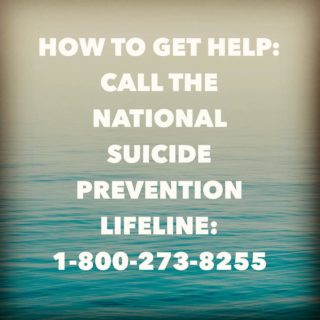
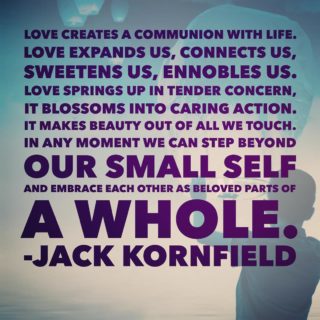
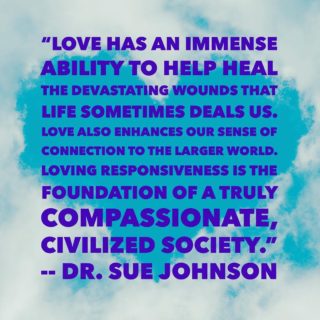
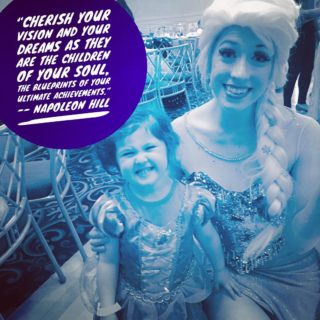
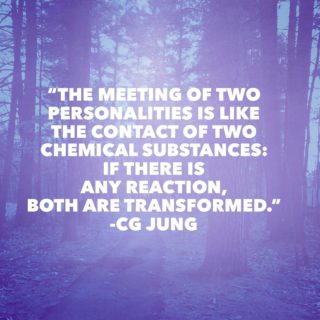

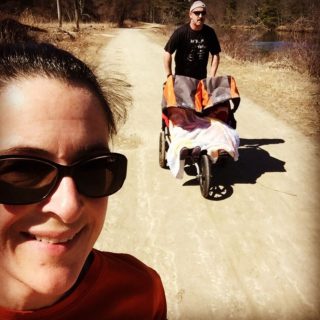
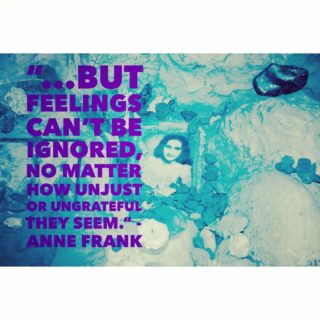
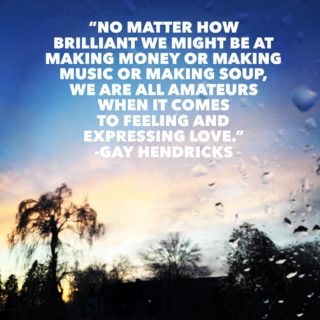

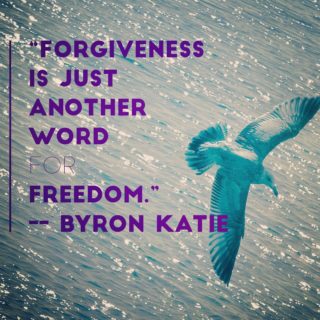




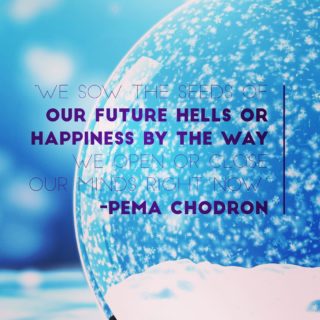

Leave a Reply